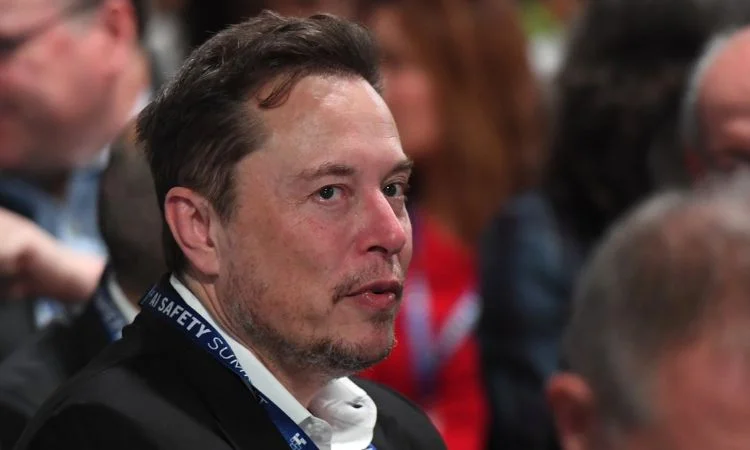Elon Musk, Tesla’s founder and largest individual stakeholder, has expressed a desire to increase his voting control of the electric vehicle maker to 25% as the company increasingly pushes into artificial intelligence and robotics development. In messages posted on Twitter, which he now owns, Musk detailed his reasoning for wanting enhanced ownership influence over strategic decisions at Tesla going forward.

The billionaire entrepreneur currently holds a 13% stake in Tesla but said he feels “uncomfortable” leading the company’s expansion into advanced AI and robotics projects without having a voting share of approximately 25%. At this level, Musk believes he would maintain enough sway to still steer the overall direction of Tesla while also being able to be “overturned” by other shareholders if there is strong opposition to any of his proposed plans.
Some key points Musk highlighted in his tweets include are listed below:
- Tesla is not just a single startup anymore but a dozen different projects spanning EVs, energy storage, neural networks, and more. The scope and complexity of its operations have grown vastly.
- AI initiatives like the Dojo supercomputer and Optimus robot represent multibillion-dollar investments for Tesla’s future but substantial autonomy in guiding this strategic shift is important.
- A dual-class share structure could be explored to attain the targeted 25% voting control, though implementing this after going public may be difficult within corporate governance rules.
- As the single largest individual shareholder, having an ownership stake alone is not enough motivation without the voting power to cement his long-term vision.
- Other major Tesla shareholders like Fidelity do not show the same level of active involvement compared to Musk, even if their ownership percentages are similar.
Elon Musk‘s comments illustrate his ambitions to solidify control and continue wielding maximum influence over Tesla’s product roadmap and organizational culture during a transformative period for the company. While his leadership has fueled massive success and growth, some investors may worry greater control could concentrate too much power in one individual. It remains to be seen how shareholders and regulators may respond to this proposal.
Overall, the tweets provide valuable insight into Musk’s strategic thinking and underscore how his personal objectives remain closely intertwined with Tesla’s corporate objectives, especially as new technologies become central to its future business model. The market will watch closely to see if any ownership restructuring materializes from these discussions.














